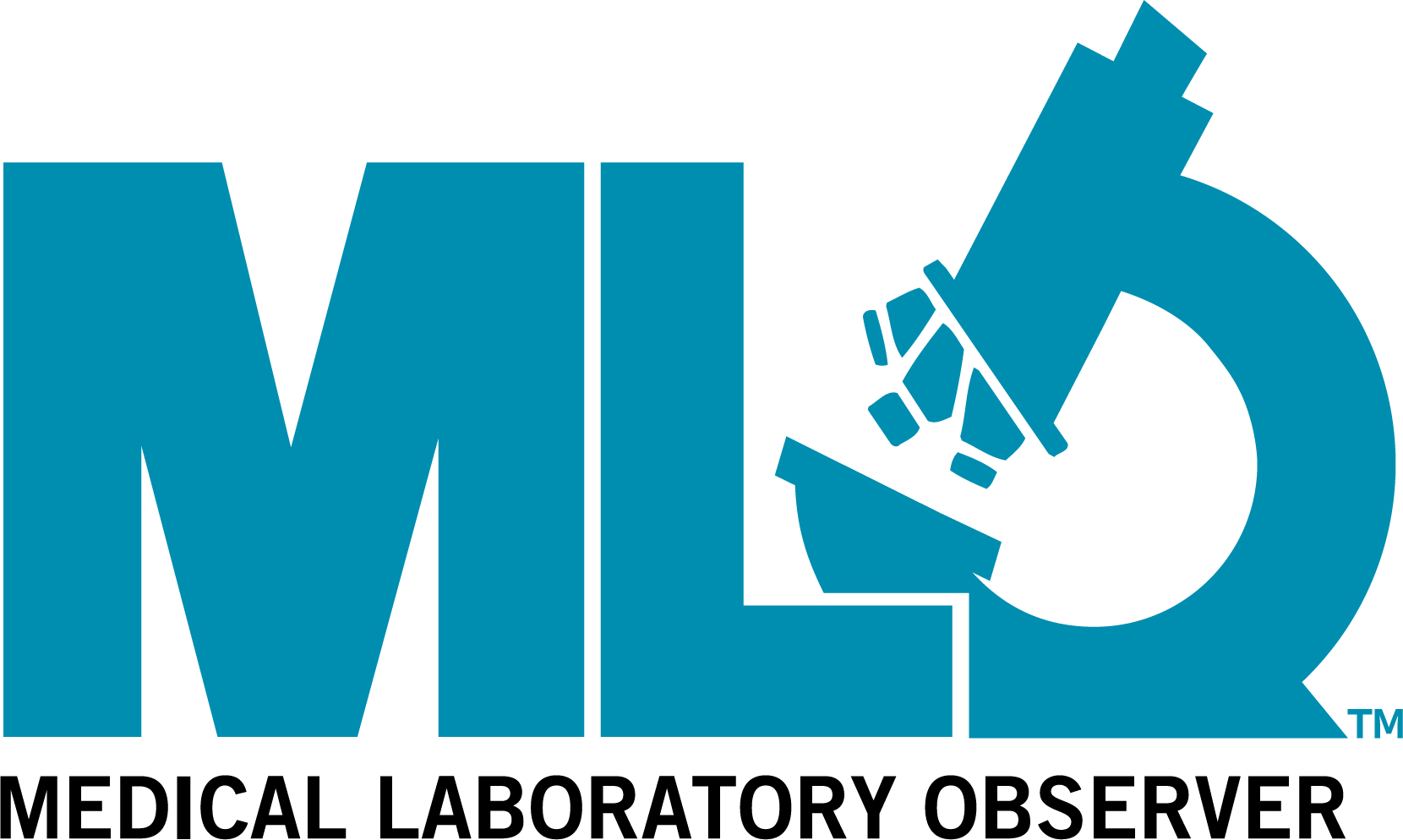September 20, 2021
Oncohost platform predicts response to lung cancer therapy

Original source here.
Prophet, Oncohost Ltd.’s artificial intelligence-driven proteomics profiling platform, predicted response to immune checkpoint inhibitor (ICI) therapy in non-small-cell lung carcinoma (NSCLC) patients in a study presented at the European Society for Medical Oncology Virtual Congress 2021. While ICI can generate a significant positive response in some patients with advanced NSCLC, in others the therapy promotes tumor growth, making identification of likely responders prior to treatment critical.
More generally, while about 50% of cancer patients are now eligible to receive ICIs that target the PD-1, PD-L1, and CTLA-4 checkpoints, objective response rates range from 13% to 40%. Studies indicated that patients with NSCLC tend to be on the lower end of that range.
As a result, a high percentage of patients treated with ICIs face high medical bills and significant adverse effects with either no benefit or treatment-stimulated disease progression from the therapy. Without more insight into what distinguishes responders and non-responders, oncologists find themselves recommending an expensive therapy that could worsen their patient’s condition.
"Traditional precision medicine searches for biomarkers at the therapy-tumor axis. By adding the patient to the equation, Oncohost is fighting cancer through a distinctive, deep profiling of the patient-tumor interface," said Oncohost CEO Ofer Sharon. "Our research demonstrates the potential clinical utility of Prophet, offering physicians targeted treatment options for their patients and identifying previously unanticipated targets for future interventions and clinical trials."
The study
Researchers obtained plasma at baseline and following first treatment with ICIs from 108 participants with stage IV NSCLC. Eighty of the participants responded to the therapy, while 28 did not.
The team conducted proteomic profiling of the samples using proximity-extension assay technology and then used machine learning algorithms to sort responders and non-responders based on a training set of 78 samples and an independent validation set of 30 samples. The researchers used the Prophet platform’s bioinformatics to identify the biological pathways that differentiated responders and non-responders.
They found that plasma proteome changes occurred following immunotherapy, which indicated patient response to treatment with ICIs. Examining the differences in the proteins expressed by responders compared to non-responders suggested mechanisms of resistance directly related to the therapy.
Oncohost’s AI identified eight proteins and two clinical parameters that reliably predicted patient response to the therapy. Using the protein/parameter signature, a validation set displayed an area under the curve of 0.79 (p-value=0.006). The signature had a specificity of 0.81 and negative predictive value of 0.77.
"This study has revealed that Oncohost's bioinformatic analysis and host response evaluation based on proteomic data can help predict patient outcomes with very high accuracy," said Yuval Shaked, founder and chief scientific advisor of Benyamina, Israel-based Oncohost, and professor of cell biology and cancer science at the Technion–Israel Institute of Technology.
“The study is an improvement on our last post-prediction capability,” Sharon told BioWorld. “The prediction capability results are definitely outperforming existing biomarkers. Continued improvement is expected as we are increasing the numbers of patients in our database.” The company currently has data on more than 600 individuals with cancer.
The researchers also characterized the biological pathways of resistance to ICI treatment in a “resistance map” that shows the specific proteins involved, the connections between those proteins, and the biological processes involved in those resistance mechanisms, Sharon explained. “If we were able to identify proteins that are host-related not tumor-related and identify those in other tumor types, we may use the signature in other tumor types as well.”
That possibility is driving the team to expand its clinical trial to include cancers beyond melanoma and NSCLC. Head and neck and genital cancers will be the next ones added, but the trial could ultimately encompass a broad range of malignancies.
Future directions
Sharon noted that “right now we take two blood tests, one before treatment and one immediately after the first treatment. Our next iteration is going to look at samples prior to treatment only. We’ll be able to provide a response prediction and analysis of the resistance before we actually start treatment probably in the first quarter of next year.”
On the business side, the company will be opening a facility in the U.S., likely in North Carolina, in the second quarter of 2022 that will house commercial operations and a proteomics lab. Research and development will remain in Israel.




